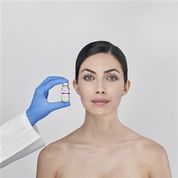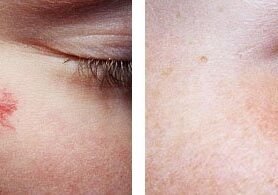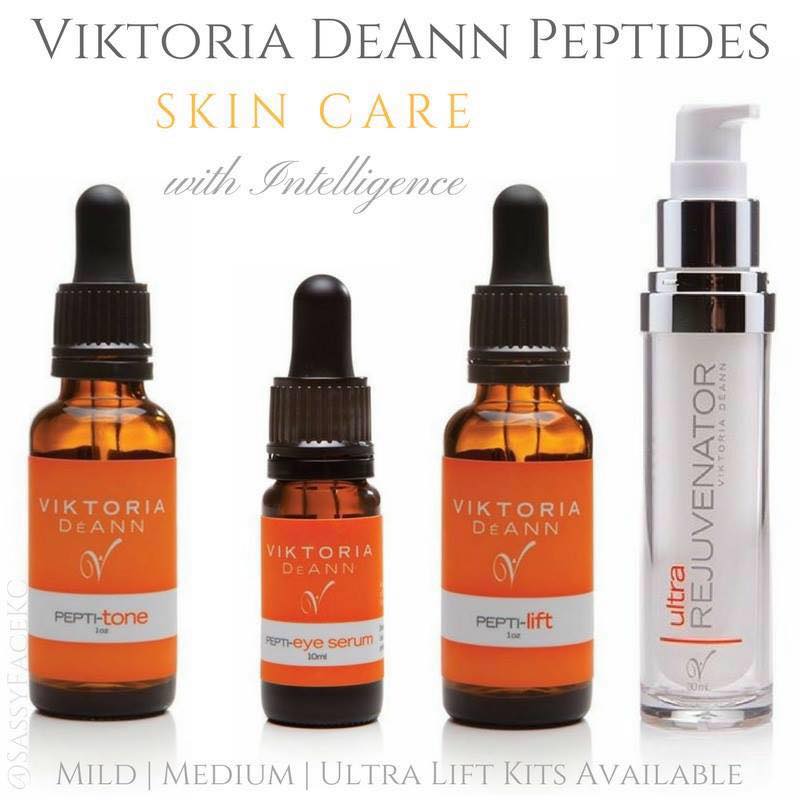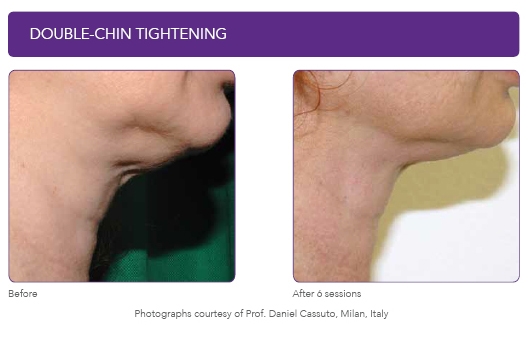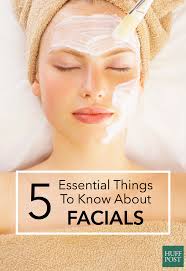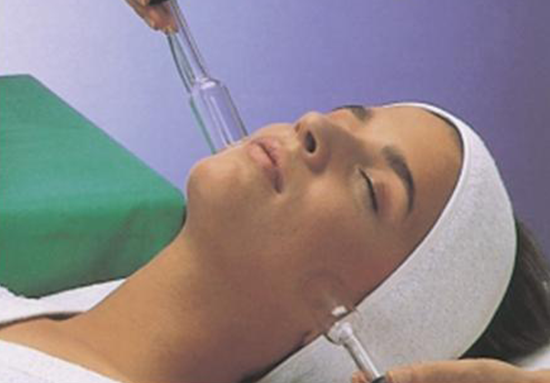What is Acne?
Acne is definitely a four-letter word for people who suffer with it. It is an inherited disorder of the pores – pores that want to sludge up with dead skin cells much like a clogged drain in your sink. Normal pores shed about one layer of dead skin cells per day inside the pore. The acne-prone pore sheds up to five layers of dead skin cells per day and the body just can’t keep up. This forms congestion under the skin which are noninflamed acne lesions (blackheads and/or whiteheads; and if bacteria are present (which just loves to feed on the dead skin cells and oil), you will get inflamed pimples, pustules and/or cysts.
There are two main types of acne as we see it – noninflamed acne and inflamed acne. Most people have a combination of the two.
How to Get Rid of Acne!
You cannot cure acne but you can have clear skin if you know what you are doing. There are a few key concepts that you need to know to get your skin clear and get rid of acne.
You need to use the right acne products for your type of acne. A product that is good for inflamed acne (pimples, pustules, and cysts) will not be good for noninflamed acne (blackheads and whiteheads).
You need these products to be strong enough for your type of skin. If they are not, your skin will not change much. If they are too strong, you will irritate and dehydrate your skin; and you will still break out.
You need to use these products in the right way. It takes strong products to get acne under control, but if you use too much too soon, you will irritate and dehydrate your skin. You must start slowly with strong products.
You need to account for skin adaptation. What does this mean? This means you cannot allow your skin to get too “used” to products. If you do, then your skin will stop responding and not get clear. It takes adjusting your skincare regimen routinely.
Does this all sound like a tricky business? Yes, no doubt that it is.
These are the main reasons you need an acne expert to guide you in the process of getting your skin clear. We know what it takes to get and keep your skin clear. Get rid of acne once and for all!
The secret to diminishing Acne!
Sorry to tell you, one cannot possibly get their skin clear in just 3 days (or overnight) because of this fact:
Acne takes up to 30 to 90 days to form. A pimple that you see today probably started as a microcomedone up to three months ago.
It takes about three to four months to see your skin clear up. Three months’ worth of acne is going to surface, even when you are using the perfect acne regimen. That regimen is keeping the NEW acne from forming, so you won’t see them surface three months from now. So, just because you are seeing some breakouts doesn’t mean that your regimen (if you are on the right set of products) isn’t working.
Some ingredients that a skincare professional might recommend are:
Benzoyl peroxide kills bacteria and removes extra oil.
Resorcinol is for whiteheads and blackheads.
Salicylic acid keeps pores from getting clogged.
Sulfur removes dead skin cells.
Spironolactone blocks excess hormone.
In clinical spa treatments.
Acne can be treated successfully with Professionally administered chemical peels and deep cleansing facials.
The acne facial is an alternative treatment designed to treat the root cause of acne with minimal side effects. Acne facials focus primarily on extractions for blocked pores. The extraction process releases any excess build-up of oil and cleans out dirt that might be clogging up your pores.
Acne facials work best for people with comedonal acne, the type characterized by blackheads. If you primarily have comedones or other non-inflammatory blemishes, facials can usually help improve the skin’s appearance.
An acne chemical peel can reduce the appearance of acne that cannot otherwise be controlled with over-the-counter, prescription skin products or acne facials..
Superficial Peels – Treats Acne
Superficial peels penetrate only the surface layer of skin, helping to shed cells on the skin’s surface. They also have anti-inflammatory properties and can help temporarily reduce skin oil secretions. They are lower strength than medium or deep peels and normally use acids that belong to the alpha hydroxy acid (AHA) or beta-hydroxy acid (BHA) families. The most common types of acids used are glycolic acid (AHA) and salicylic acid (BHA).
Moderate Peels – Treats Acne and Light Scarring
Moderately penetrating chemical peels normally use Jessner solution or trichloroacetic acid (TCA), which penetrates more deeply into the skin than superficial peels.
Just like with any other acne treatment or procedures, getting results will take time. To get the best results, you’ll have to commit to a series of specific, specialized facial treatments. Typically facial are schedule every other week until to get results.

